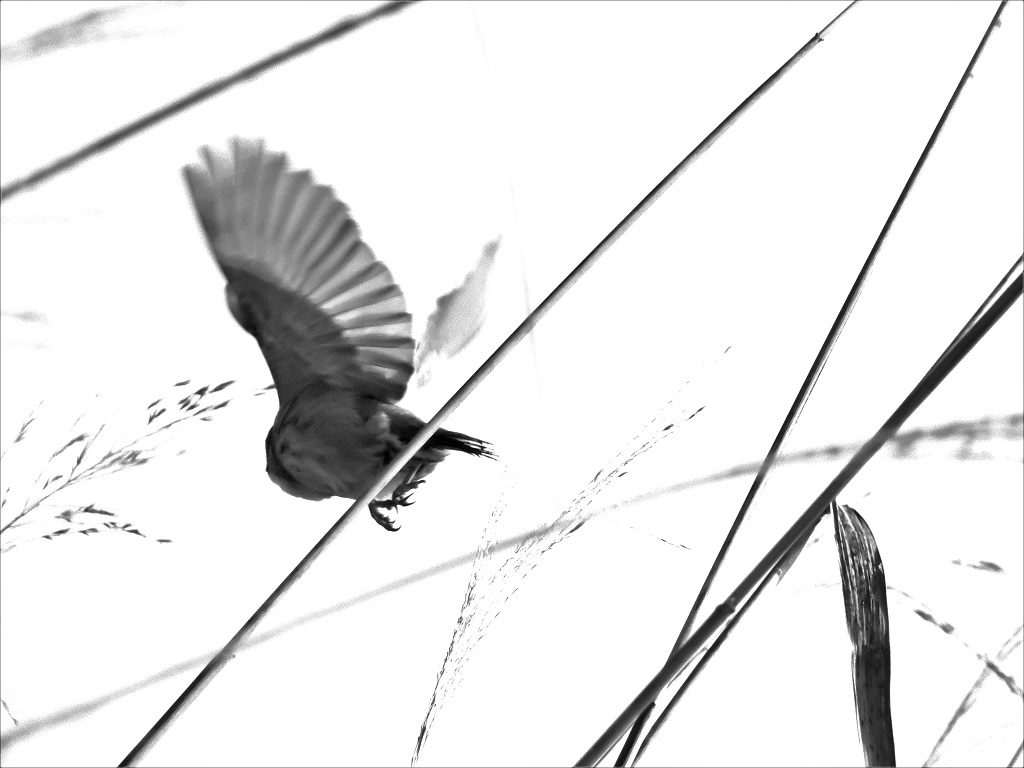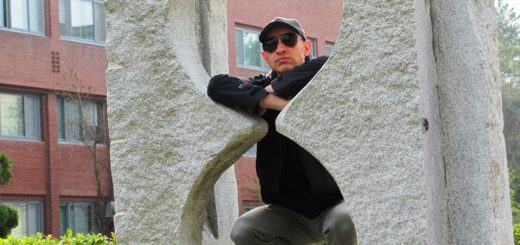New Year’s Resolutions for 2022
Anyone who has ever slipped backwards on ice or fallen down a flight of stairs knows the feeling: the trajectory of uncontrolled descent having passed the point of no return, you have no choice but to wait for the painfully certain outcome, helplessly. In addition to the two generic examples I have just mentioned, I also have a particularly personal memory — possibly the earliest full and clear memory of my life — which definitively concretizes the feeling for me, even as I recall it now, a million years later.
I was probably three years old, absentmindedly wheeling around on my tricycle along the sidewalk in front of my family home. At some point, I turned onto the little boulevard or verge between the sidewalk and the road, with my back to the curb. Since the boulevard sloped slightly toward the curb, the tricycle began to roll backward through the force of gravity. Before I had time to realize it and respond, the back wheels had rolled right off the curb, so that I was suddenly falling straight backward, my body still on the tricycle as it tipped over. To this day, I have a very strong memory of the sensations and half-thoughts that flitted through my mind at that moment. I knew there was nothing I could do to stop the fall, and that the back of my head was about to smash into the pavement of the road. I was frightened in that fraction of a second, of course, but also acutely aware of being frightened, and of the “significance,” if you will, of my predicament. I was alone with my inescapable fate. My mother was inside, unaware of what was happening, and therefore unable to save me. The approaching impact was going to be very hard, and more painful than anything I had ever experienced. Would my head break open? I did not cry out or make any sound as I fell — I believe that even at that moment I was at least half-aware (as I am fully aware now, and as is typical of my temperament) of hoping that no one was watching me, so that at least I could be spared the humiliation of being observed in this moment of helplessness.
What strikes me as most fascinating and instructive about that memory (and others like it, such as the ice and staircase examples noted above) is how much I experienced during that brief span between the moment of realizing I was falling backward and the moment of smashing my head into the pavement. In particular, I note how much volition was involved even in such a seemingly passive and involuntary event (falling out of control). After the initial startled realization of my condition, and the onset of immediate fear of harm, there quickly came an understanding of inevitability, followed in lightning succession by a certain kind of acceptance of what was unavoidable, and even some degree of resignation to it. But acceptance and resignation are neither passive emotions nor passive sense perceptions; they are acts of will. They are decisions to undergo an inevitable circumstance in a specific way, in a specific frame of mind. Even the concern with being observed in such an embarrassing situation, giving rise to the vague but undeniable wish to go through it without witnesses, indicates a kind of intention.
Today is January 1st, 2022. Over the past two years, we, the remaining and dwindling few who choose to think and live as humans, have been experiencing this sort of moment — two years, in cosmic and historical terms, being even briefer than the second it takes a child to fall backwards off his tricycle. The precipitous fall, even to those of us who saw it coming for years, has reached its point of inevitability and helplessness with startling rapidity. It cannot be stopped now, and its resulting final impact will become a painful and life-altering memory for whatever remains of the species in its aftermath. But this awareness itself means that we are also residing in a moment when volition is still possible. The events and their practical outcome are utterly beyond our ability to control, to be sure, but our experience of them is not. Understanding must triumph over fear and anger. From understanding comes deliberate acceptance of what is inevitable — not a “willing acceptance” but a will to accept. Then comes resignation: This has to happen, it will happen, and therefore I must not squander my precious lifeforce on the ego delusion of imagining I have any control over it. The hard ground is coming fast, and there is no reversing the trajectory now. Let us therefore experience it without screaming, without drawing attention to ourselves or begging for impossible help. Whatever pain this fall is bringing, it must bring. It may or may not break our heads open, and that uncertainty must also be granted as part of the nature of things at this moment.
Even in such a moment of precipitous descent, there is a great deal of active experience to be had, and even a considerable amount that may be willed and chosen, if one is able to absorb the truth of the context well enough to discern the difference between denying reality and denying false interpretations of reality. That is to say, we cannot change the situation itself, taken as a set of unwelcome and disturbing material facts, but we may find solace in refusing to grant to these facts the shortsighted and constrictive meanings that the presiding powers of the day would like to impose upon them, and us.
My New Year’s resolutions for this year, then, are to understand clearly what is happening without wasting effort on the illusory or superficial details; to refuse to pretend that what is more than well begun can somehow be undone; and to plumb the depths of the situation in search of that special insight on being and ultimate purpose which may be afforded by any moment of inevitable collapse, as the urgent intensity of inescapable finality works its magic of suspending time and heightening focus.
In short, I resolve not to let the external conditions they control distort or overwhelm the thoughts and intentions I control.



